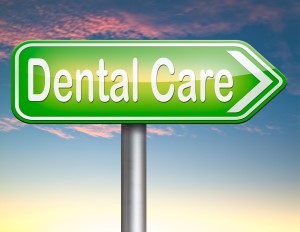21 Aug The Dental Concerns of Undiagnosed Sleep Apnea
 Sleep apnea certainly has the obvious effects on your health, such as daytime drowsiness that affects your alertness and performance throughout the day. This condition also appears to have links to very serious issues like stroke and heart disease and possibly may even increase a patient’s risk of sudden death.
Sleep apnea certainly has the obvious effects on your health, such as daytime drowsiness that affects your alertness and performance throughout the day. This condition also appears to have links to very serious issues like stroke and heart disease and possibly may even increase a patient’s risk of sudden death.
Unfortunately, sleep apnea also can be detrimental to your oral health. For example, if you have this condition, you’re more likely to develop dry mouth throughout the night. Also known as xerostomia, this problem can allow bacteria to proliferate in your mouth while you’re asleep, which can expose you to a greater likelihood of decay and gum disease.
Other oral health problems that can develop as a result of apnea include bruxism, temporomandibular joint (TMJ) disorders and tooth hypersensitivity. Impaired blood flow can also contribute to the risk of periodontal disease.
If you have symptoms of sleep apnea, such as loud snoring and difficulty focusing throughout the day, consult with an oral surgeon to learn about treatment.
When a patient doesn’t have a confirmed sleep apnea diagnosis but suspects the condition is present based on symptoms, the oral surgeon will recommend that you complete a sleep study to verify your apnea. If you do have obstructive sleep apnea, the surgeon can recommend appropriate treatments to address your symptoms.
Some patients will respond well to non-invasive measures designed to eliminate sleep apnea symptoms. For example, weight loss or a continuous positive airway pressure (CPAP) mask are highly effective in treating this condition.
Unfortunately, though, some patients will find it difficult to lose weight and cannot tolerate a CPAP mask. These patients may be interested in exploring surgical solutions to eliminate the structural conditions that facilitate the obstruction at the rear of the throat. These approaches may include removing excess soft tissue at the rear of the throat or repositioning the jaw so that the soft tissue no longer can slide back and cover up the airway’s opening.
Effective treatments for sleep apnea are available and can improve a patient’s oral health and overall well-being. Call our office to learn more about these interventions and how they may benefit you.


